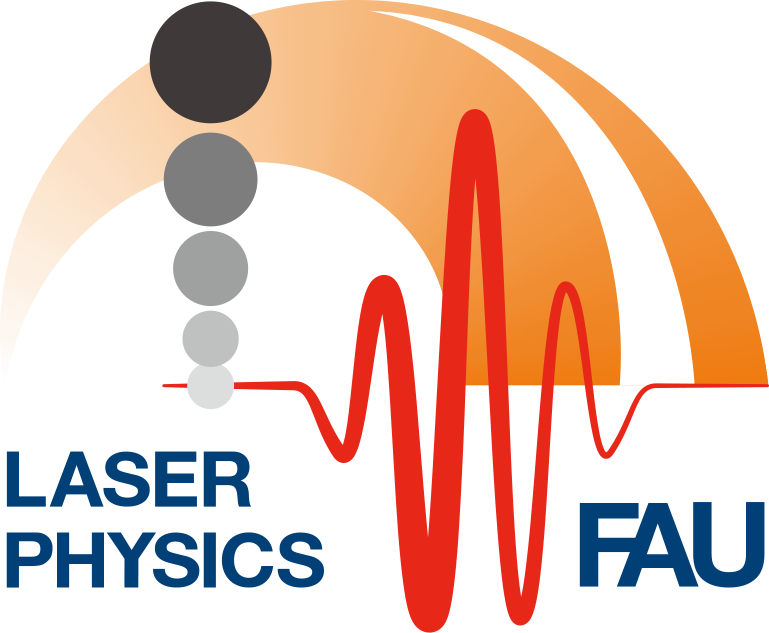„Der Klimawandel oder doch nur: Das Wetter?“ – Lecture by Karsten Schwanke
During the weekly physics colloquium on Wednesday, January 9, 2019, we invited Karsten Schwanke to talk about climate change and its effects on the weather. Karsten Schwanke studied meteorology and wrote his diploma thesis with the well-known climate researcher Hartmut Graßl in Hamburg. The announcement of the colloquium with the title “Climate change or only: The weather?” had led to a great response and over 700 listeners came. The lecture was also transmitted to the neighbouring auditorium, a recording can be found on the University’s video portal or under the following link.
During the introduction to the topic, Prof. Martin Hundhausen reported that Prof. Graßl had already warned about the effects of climate change in 1986 together with the German Physical Society (DPG). The DPG had demanded at that time to lower the annual world-wide CO2-emissions by annually 2%, so that these would be reduced within 50 years to a third. In fact, emissions have increased by an average of 3% per year.
Karsten Schwanke, who has produced numerous science programmes and is currently featured in “Das Wetter vor Acht” on ARD, analysed the situation. The summer of 2018 in Germany – a beautiful summer in itself – led to water problems on the Rhine, among other places, so that the supply of petrol to petrol stations was not guaranteed. If Germany – according to Schwanke – were to supply itself exclusively with food, the shelves in the supermarkets would have been empty in autumn, or at least food prices would have risen significantly.
He also explained the effects of climate change vividly using the example of Nuremberg: the mean temperature is now 9.9°C, which is more than 1K above the 1961-1990 level. It is much more drastic in the Arctic, where the rise in temperature is 10 times greater than globally. As a result, the temperature difference between the North Pole and the tropics has become much smaller. Since this temperature difference is responsible for the jet stream, it was partially interrupted in 2018 and the weather conditions were very stable for a long time. From Schwankes point of view, months of drought in Germany and severe flooding south of the Alps belong together.
Karsten Schwanke called for a solution in which everyone in society would be taken along. It could not be, if people, whose ecological footprint is very small, carry more costs for the conversion of the energy supply to regenerativ energies, than others. CO2 emissions must therefore be given a price.
If nothing is done to achieve Paris’ climate protection goal, there will soon be temperatures in Nuremberg like in Madrid today.

